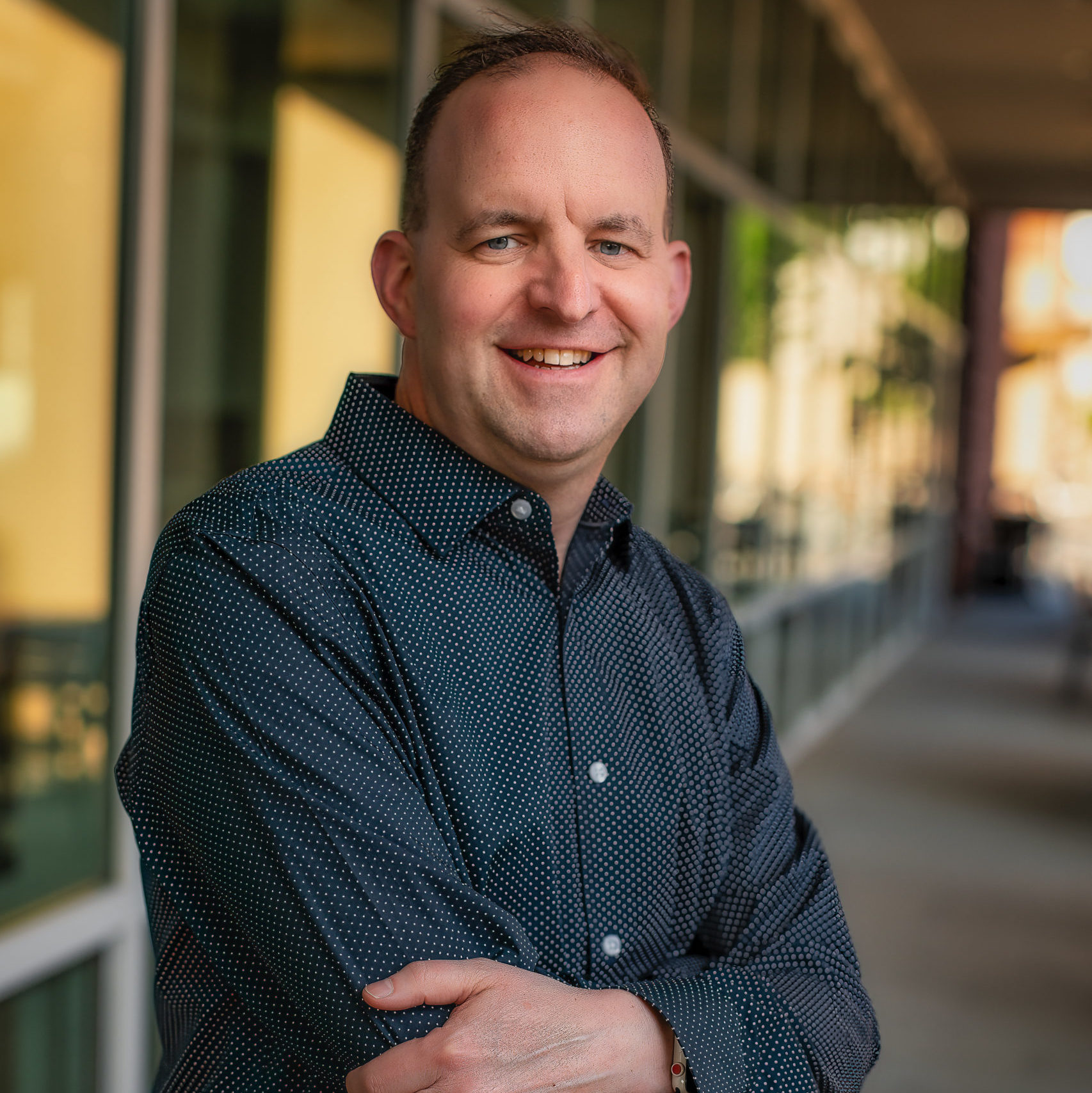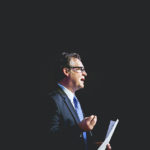
Perhaps the way to a “new you” isn’t through the same strategies that didn’t work but by embracing unconventional wisdom from Solomon.
By Chris Hulshof
“New Year, New You!” is a popular refrain of local gyms, diet gurus, and self-help programs—so much so, it’s easy for us to tune out the well-worn sales pitch.
After all, we’ve heard all of that before.
Enter Ecclesiastes, a book that offers a wisdom distinct from today’s popular cliches. Ecclesiastes isn’t a book we often look to for New Year’s motivation. However, Solomon can give us at least three practical but unconventional considerations for this new year.
1. The end is better than the beginning.
In Ecclesiastes 7:8 Solomon writes, “The end of a matter is better than its beginning;” As we begin a new year, Solomon might say something like, “December is better than January.”
His observation should catch us off guard. We’re people who like beginnings. We love starting things; it’s the end of things we often lament.
Everyone is good in January. For the most part, we keep our resolutions. The fitness plan stays intact. Our reading through the Bible in a year is going according to plan. We’re saving money. We’re living balanced lives.
We’re good at sticking to things when they’ve just begun. Fast-forward to December, and it’s a different story.
The diet went by the wayside in March. The last time we saw the inside of the gym was in February when the other recruits from January bailed. We stopped reading the Bible once the reading chart said Leviticus 1-3.
For most of us, the end of the year reveals we’re only good at beginnings. Solomon’s wisdom teaches us to live with the end in mind rather than the beginning.
As you start this year, don’t become so overly focused on getting started in January that you lose sight of finishing in December.
2. Wisdom and knowledge lead to grief and sorrow.
Whether you admit it or not, you’ll learn something this year. Intentionally or unintentionally, 2020 will be a year of learning.
Some learning is planned. We enroll in a class we’ve wanted to take for a while. We carefully select books to read throughout the year. We plan an adventure to that coastal vacation town we’ve wanted to visit, or we take on a new hobby.
Other learning is unintentional. Through age and experience, we gain both positive and negative knowledge. Because of what these twin professors have taught us, we’ve come to know things now that we didn’t know then.
Solomon reminds us in Ecclesiastes 1:18 that the more we learn and the more we know, the more we’re inviting grief and sorrow into the picture. He writes, “For with much wisdom is much sorrow; as knowledge increases, grief increases.”
The challenge with learning is to keep new knowledge from leaving you jaded and cynical. While this can be true of experiential learning, it’s also an equally deadly pitfall in planned learning. As we learn, we must stay hopeful.
How do we do this? The trick to continuous learning that avoids the trap of cynicism is to let knowledge drive you to wonder.
Solomon’s father, King David, put it this way, “This wondrous knowledge is beyond me. It is lofty; I am unable to reach it” (Psalm 139:6).
As David’s knowledge grew—his knowledge of God, his knowledge of the world, and his knowledge of life—he allowed it to create in him a spirit of wonder.
As you learn and gain knowledge this year, let that new learning fuel a wonder for God, His creation, and your place in His wonder-filled world.
3. The day of death is better than the day of birth.
In the opening verses of Ecclesiastes 7, Solomon writes, “…the day of one’s death is better than the day of one’s birth. It is better to go to a house of mourning than to go to a house of feasting…” (Ecclesiastes 7:1-2).
In picturesque fashion, Solomon is encouraging us to spend more time in a funeral home than on the labor-and-delivery floor. Spending Friday nights around those in mourning is better than hanging out with those throwing a house party.
Solomon wants his readers to think seriously about the reality of death. Indeed, in Ecclesiastes, Solomon identifies death as one of the three things that standardize everyone’s life—time and chance being the other two.
In all of his wisdom, Solomon comes to understand it doesn’t matter who you are; you can’t escape death. Because of this, it’s wise to think seriously about the reality of death.
This is the kind of thing we don’t spend a lot of time doing. If we’re honest, we try our best not to think about death. But we should.
Martin Luther said, “We should familiarize ourselves with death during our lifetime, inviting death into our presence when it is still at a distance and not on the move.”
Luther believed this helped Christians realize the theological truth that death is a defeated enemy because of the person and work of Christ. While death is inescapable, it’s not unconquerable. It’s conquered by Christ.
As you turn the calendar pages this year, live with the reality of death in mind. Calculate every word, thought, and deed as if it may be your last.
Perhaps the way to a “new you” this new year isn’t through practicing the same strategies that didn’t work last year but by embracing some of the unconventional wisdom Solomon offers his readers in Ecclesiastes.

Chris Hulshof
Chris is an associate professor and department chair for Liberty University’s School of Divinity where he teaches courses in Old Testament survey, inductive Bible study, and theology of suffering and disability.












